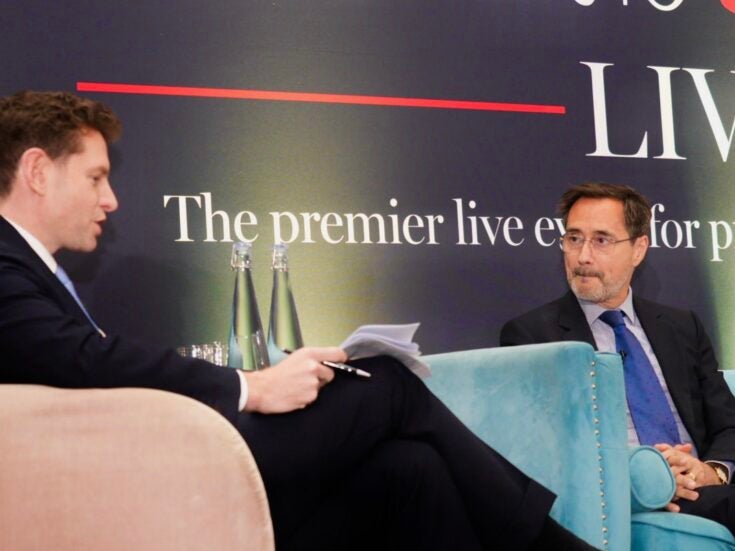The Chinese government’s intervention and misreporting has damaged its stock markets but the dragon will come back says Stephen Hill
The collapse of the Shanghai and Shenzhen stock markets is a self-induced problem. First, the figures: they have doubled to their peak in the last fourteen months, with average P/Es of over 60 – Hong Kong’s are just thirteen – and prices have fallen by over 30 per cent in the last two-to-three months.
There could well be further large falls based on these crazy numbers: when a market goes OTT and cracks, the drop comes fast and furious, like with the hangman’s noose. The simple stock market rule is that stock prices go up if there are more buyers than sellers, and down if there are more sellers than buyers.
The second rule is that governments shouldn’t ever play the market themselves or encourage the market up to bring in other investors, or try and support it. The Chinese government has done both, going up and now coming down, after the suckers had been duly sucked in. There are 150,000 SOEs in China – state-owned enterprises – which were encouraged by the government to invest in the market.
The real suckers – that’s the private investors – represent 80 per cent of the market, all 89 million of them, and they are really gamblers by nature: Macau is much, much bigger than Las Vegas. When the market was going up, one million new brokerage accounts were opened every week; many of them were encouraged to take on margin loans as well by their brokers. The SOEs led the charge.
Now the market is heading down, the government is getting it wrong the other way too: SOEs have been ordered not to sell but to buy more, and now the government has established an SOE with ’320 billion to prop the market up as well; new flotations were pulled by decree; big shareholders were forbidden to sell; shorting, which would reveal the real value of the market, is banned – all of which means the market will fall further anyway.
It is time to remember the parable of Bernard Baruch and his bootblack. Baruch was US Secretary of the Treasury and was astonished in 1929 when his bootblack told him excitedly he was buying shares, and even more shares with margin loans. Baruch couldn’t believe what he had just heard from this sucker and promptly sold everything he had. He was out before the inevitable crash, while the bootblack lost all his savings because of margin loan defaults clicking in.
The Chinese real economy won’t suffer that much, apart from the confidence factor. Many individuals, like the bootblack, will lose their savings. The stock market by its nature, however, is a zero-sum game.
Yes, there will be a dent in retail sales from the individual losses, but companies in China are financed by debt from government-owned banks, and not by equity from the markets. Growth has been declared as 7 per cent for the first half-year. It isn’t: Chinese regions pretend they have met their government-stipulated, bullet-induced growth figures, and the government helps them out by adding in ‘exports’ to Hong Kong, as well as adding in HK growth too.
The real mainland GDP is probably nearer 4-4.5 per cent, still the strongest growth in the world, and on a massive scale too. And the cap on population has been raised from 1.3 billion to 1.5 billion, and the one-child policy ditched.
Egos have been bruised, but the dragon hasn’t run out of all his puff – just got a bit too over-excited as its fantasy curve went very nearly vertical.






